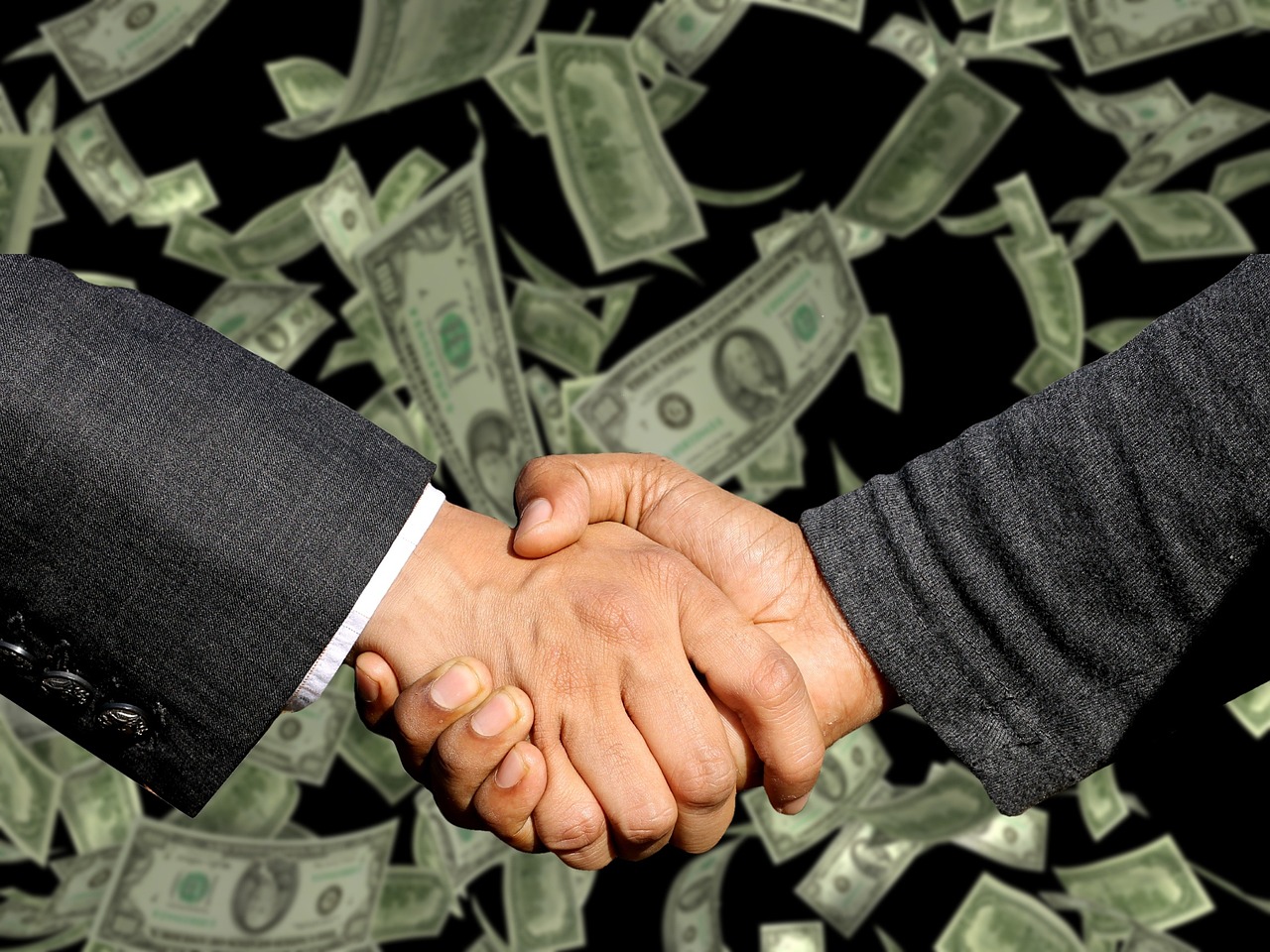
It’s
no
secret
that
lawyers
can
be
pretty
bad
with
money
management,
and
there
are
many
reasons
why.
“Let’s
go
back
to
the
very
beginning,”
says
Joyce
Brafford
of
Profitsolv.
“We
know
that
law
schools
are
very
good
at
taking
people’s
money.
But
what
about
when
the
lawyers
have
to
take
people’s
money?”
In
this
episode
of
the
Non-Eventcast,
Joyce
and
her
co-host,
Jared
Correia,
talk
through
three
ways
lawyers
can
improve
their
collections
for
the
services
they
provide
(10:41).
Check
out
their
full
discussion
here.
No.
1:
Maintain
a
Fee
Schedule
A
lawyer’s
rate
sheet
should
function
like
the
sticker
price
for
a
car
—
it
lists
the
fee
for
the
services,
along
with
the
features
of
the
services
provided.
The
rate
sheet
can
help
counteract
many
lawyers’
natural
tendency
for
ad
hoc
billing,
where
they
routinely
discount
their
prices
out
of
a
desire
to
help
their
clients.
It’s
a
common
pitfall,
because
so
many
lawyers
got
into
the
profession
out
of
a
desire
to
help
people
in
need.
“Of
course
you
should
have
a
rate
sheet,”
Joyce
says.
“You
don’t
go
anywhere
in
life
where
you
expect
to
pay
for
something
and
someone
doesn’t
know
what
they’re
charging
you.”
No.
2:
Charge
Consultation
Fees
Many
lawyers
who
offer
free
consultations
complain
about
being
stood
up,
meaning
that
their
time
isn’t
being
valued.
But
from
a
potential
client’s
perspective,
a
consultation
is
valuable
in
its
own
right,
and
there’s
no
reason
it
shouldn’t
be
billable,
Jared
notes.
From
the
lawyer’s
perspective,
a
paid
consultation
can
also
vet
whether
a
client
will
readily
pay
for
the
services
they’re
receiving.
“If
somebody
is
struggling
to
pay
you
a
$200
consultation
fee,
it’s
not
a
great
sign
for
the
representation,”
Jared
notes.
No.
3:
Focus
on
Engagement
Agreements
The
engagement
agreement
—
or
fee
agreement
—
is
a
valuable
opportunity
for
lawyers
to
lay
out
their
fee
structure
as
well
as
the
scope
of
the
representation
and
overall
client
relationship.
Many
lawyers
miss
opportunities
to
talk
about
additional
requirements
of
the
relationship
at
this
stage.
What
technology
will
be
used?
Does
the
law
firm
use
AI?
How
will
communication
occur?
Is
there
a
collection
process?
“Is
it
cool
to
text
me
at
2
a.m.
and
to
expect
a
response?”
Jared
says.
“The
engagement
agreement
should
be
about
setting
expectations
for
the
relationship.
It’s
a
great
opportunity
to
do
that,
and
a
lot
of
lawyers
don’t
use
it.”
This
is
the
ninth
episode
of
the
series,
hosted
in
conjunction
with
our
partner,
ProfitSolv.
This
episode
is
sponsored
by
TimeSolv.

